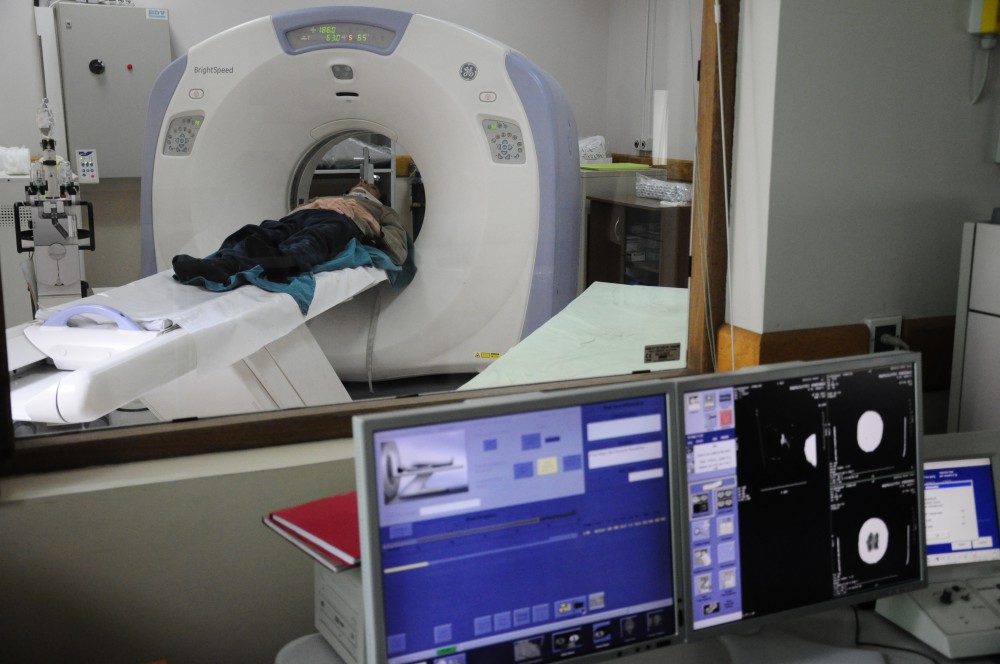
Nov 9, 2016
Written by Honor Whiteman
Published on https://www.medicalnewstoday.com/
Older women are usually considered at greater risk of pregnancy complications than younger women. However, when it comes to stroke during pregnancy, a new study suggests it is younger women who are most at risk.
Researchers find younger women are more than twice as likely to experience stroke during or just after pregnancy than their non-pregnant counterparts.
Researchers found that pregnant older women had a similar stroke risk as their non-pregnant counterparts, while younger pregnant women were found to be at more than double the risk of stroke than non-pregnant women of the same age. (more…)

Nov 9, 2016
The article published on https://www.hopkinsmedicine.org/
While more people are surviving strokes, many still face long-term disability. But Johns Hopkins research finds promising ways to retrain the brain and regain independence. Here’s what experts have learned about the power of physical rehab.
The good news about stroke: More people are surviving the initial stroke. The bad news about stroke: More people are surviving the initial stroke with disabilities which might have been minimized if they had received the kind of early, intensive physical rehabilitation that researchers find can improve function and reduce long-term disability. In fact, as many as 60 percent are left with diminished use of an arm or leg. (more…)

Nov 5, 2016
By: Emily Lunardo | Heart Health | Thursday, November 03, 2016 – 12:30 PM
Ischemic stroke risk is linked to traumatic brain injury (TBI), independent of other factors. Lead study author James F. Burke explained, “Both stroke and traumatic brain injury are common, costly, and leading causes of severe disability in adults, and approximately 20 percent of strokes occur in adults under age 65. A large proportion of stroke risk is unexplained, especially in the young, so if we can identify new risk factors, we have the potential to prevent more strokes and improve outcomes.” (more…)

Nov 5, 2016
“An egg a day can cut chances of suffering a fatal stroke,” The Times reports. A new review of existing data covering around 300,000 people suggests eating up to one egg a day may lower stroke risk; but not the risk of heart disease.
The health effects of eggs have been debated for years. Eggs, which contain cholesterol, were thought to increase risk of heart disease by raising cholesterol levels.
But more recent studies show that cholesterol in food has little impact on the levels of cholesterol in your blood – most cholesterol in the blood is made by the liver. (more…)

Nov 2, 2016
Please read below a touching story “The terrorist inside my husband’s brain” from Susan Schneider Williams, BFA, wife of late actor Robin Williams who took his own life as a result of a heavy struggle with a brain disease called Lewy body disease (LBD).
This story was first published on www.neurology.org and Neurology September 27, 2016 vol. 87 no. 13 1308-1311 (more…)









